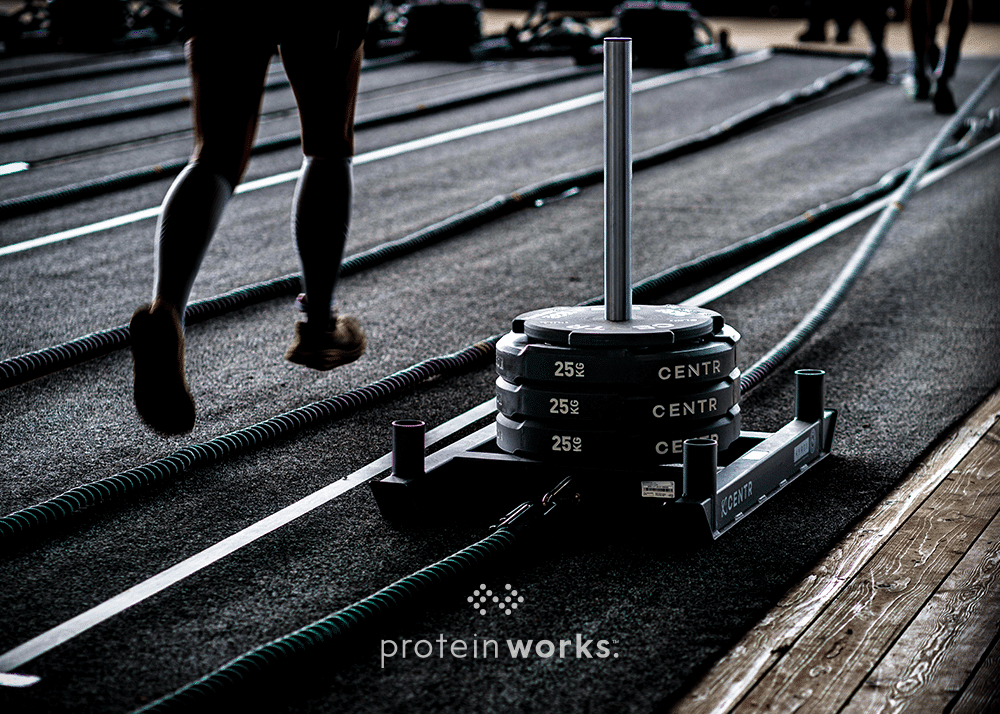
How To Train For A Marathon
In the past 6 years I’ve helped some fantastic athletes to improve their Marathon times quite dramatically. The record to date was a 27 year old male client who achieved a 2 hour 37 minute marathon…not bad for an amateur runner.
When someone decides to take part in a marathon, it doesn’t really set in until they start hitting the roads and accomplishing runs in excess of 13.1 miles…a half marathon.There are so many different factors to take into account when training for the 26.2 miles, things you may not even consider. It isn’t as simple as just running 26.2 miles.
The Obvious Ones
- Getting the miles in
- Running trainers
- Good nutrition
- Hydration
So having the basics covered, you then need go more in to detail.
Runs
I recommend two ‘big’ runs per week when training for a marathon. Obviously a big run is down to the individual, what they consider distance wise will push them hard. Along with these big runs, it’s crucial to get the recovery runs in, smaller distance runs to keep your legs fresh – aim for 2 or 3 per week.
Every few weeks in the build up, I personally recommended you take it easy, with perhaps only one big run and one small run in your weekly plan. Let the legs recover more than they normally would have the chance to. As you get fitter, increase the distance of both long and short runs, until your long run is around 20 miles and your short recover runs are around 6 miles.
One week before the marathon have your last small run, around 5 miles, nothing strenuous, and leg your legs relax. With 3/4 days to go, have a small walk just to help get fresh oxygenated blood into the muscles, and then rest for the remaining 3/4 days. No runs, just good hydration and nutrition.
Nutrition
Nutrition is something you must certainly not overlook. It’s what’s going to give you the best performances and help you recover well too. Think, who would run better having eaten a fast food breakfast or a bowl of porridge, banana and a protein shake. The answer is obvious. Each person will require different amounts of calories so this is where you should monitor your body weight once a week to see how much your losing, or if you’re staying the same. When I was training for the London Marathon, I was consuming around 6,000 calories per day and come race day I was the lightest i’d ever been, having lost 45.75lbs!
High carb and protein foods are ESSENTIAL. The carb foods such as pasta, potatoes, rice, oats etc will give you the energy to pound the roads mile after mile. Trying to run the marathon to lose weight, which I hear so many people say, is NOT Ideal with a low carb low calorie diet. You WILL lose weight whilst training for the marathon (if you train properly), so there is absolutely no need to drop calories or carbs. If anything, increase them – you will still lose weight! Make sure to eat a good amount of protein with each meal to help the repairing phase of your muscles.
A couple of full days before the marathon (if the marathon is on the Sunday you’d start this on the Friday morning) you should start increasing your carbohydrate intake even more. This is called carb loading. Come race day you’ll be well carbed to make it to the end. Before the race have an energy jel and some jelly babies for added quick release energy. Feel free to carry a few energy jels and jelly babies to consume on the way round.
Hydration
Another absolute must, is to keep hydrated. If you ever feel thirsty then you know you’re already effectively dehydrated. Before and during the race make sure to consume plenty of water and plenty of electrolytes. Electrolytes contain minerals, vitamins and salts which will help prevent cramp, as will water. Do not JUST consume water, it’s crucial to have electrolytes too.
And Finally…
Make sure you get good rest leading up to the marathon. Get plenty of sleep and if it’s your first marathon and you’re very excited, try your absolute best to stay calm and relax! By being over excited, your body will be pumping adrenaline round for hours/days, and this is a one way ticket to internal physical fatigue, cramp, and the end of a good marathon. No matter how well you fuel your body, if you’ve had days of adrenaline in your body you can pretty much guarantee you won’t perform well.
Enjoy the experience and take it all in!





No Comments yet!